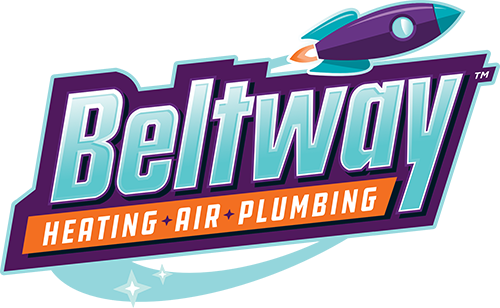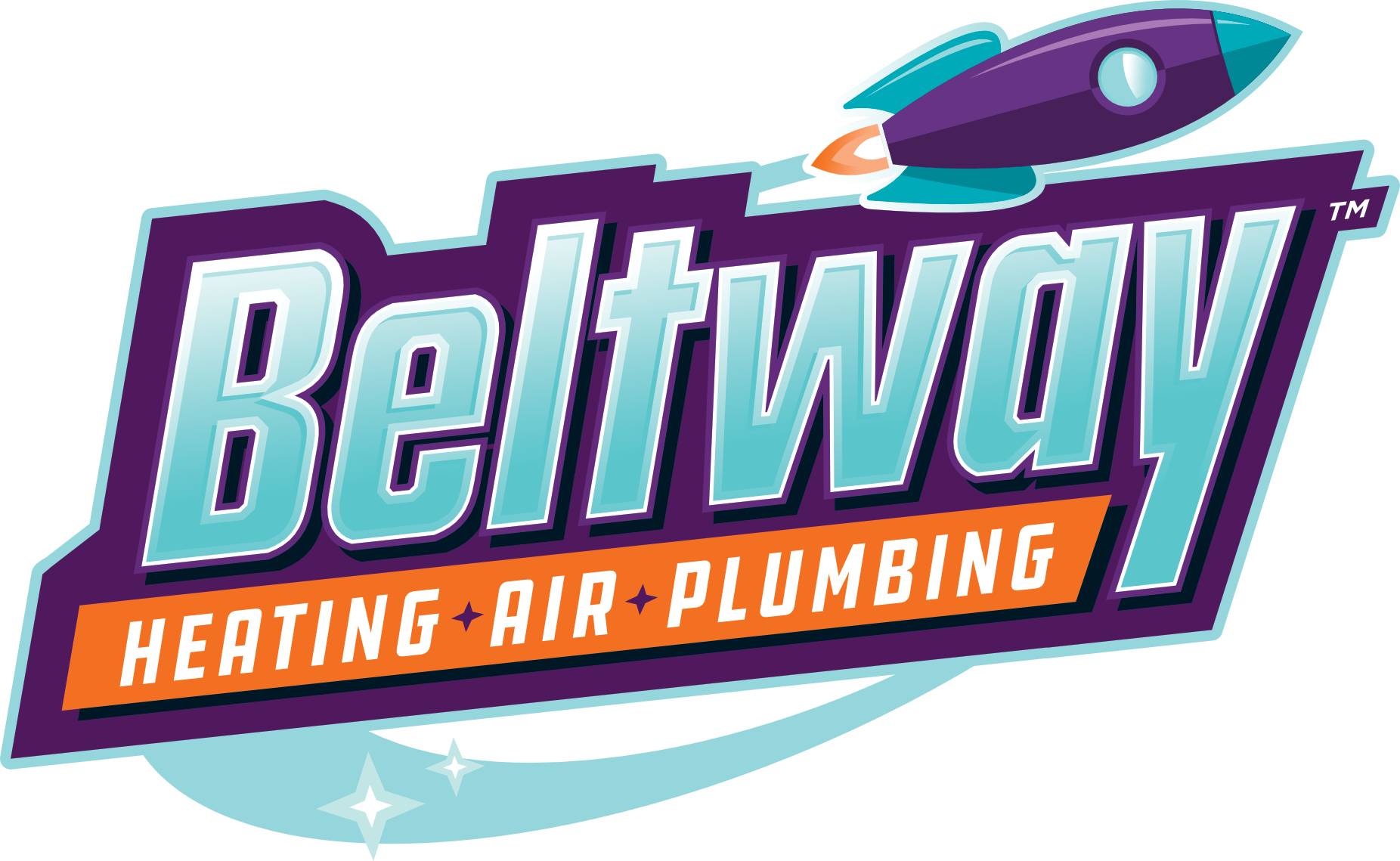AC leaks cause water damage, mold growth, poor indoor air quality, and many other issues. These leaks are very common in Maryland where the notoriously high humidity can worsen AC condensation and exacerbate leaks. To prevent water damage and humidity-related problems, homeowners should fix AC leaks as soon as possible. Since repairing leaks can be tedious and dangerous, it’s best to let a professional handle the problem.
1. Disconnected Drain Line
A disconnected drain line will cause water to seep out of the air conditioner. This happens because the condensation that forms during the cooling process doesn’t empty correctly. To fix this, the technician will check the drain line and then reconnect it, making sure that it has a secure seal. The technician may use special fittings and supports to ensure the drain line stays connected.
2. Frozen Evaporator Coil
When frozen evaporator coils thaw, leaks may occur. This is usually due to low refrigerant levels, limited airflow, or unclean coils. The accumulation of ice puts pressure on the system and can easily overflow the drain pan. Repairmen fix this problem by checking the airflow, cleaning the coils, and refilling the refrigerant among other things. To prevent further leaks and frozen coils, it is essential to perform preventative maintenance such as replacing the air filter.
3. Clogged Drain Line
Water will back up in the system and create leaks if the drain line becomes blocked, which is usually due to debris or algae development. When this happens, technicians will remove the blockage by vacuuming or flushing the line among other options. Additionally, if the drain line twists or bends, it will not allow water to flow freely and may seem obstructed. When this happens, technicians fix it by moving or straightening the pipe. This restores appropriate drainage and stops the leak.
4. Damaged Condensate Pump
If the condensate pump in your air conditioner wears out or becomes damaged, it won’t be able to drain the water condensate as effectively. If not addressed promptly, this can lead to a leaky AC. To fix this, technicians check the pump and either fix it or replace it so that it works properly again. The best way to keep the pump in good working order and free of leaks is to maintain it regularly.
5. Clogged Air Filter
Some of the most common types of air conditioner filters include washable, pleated, fiberglass and HEPA. You should replace a fiberglass filter once a month, a pleated filter every three months, and a washable filter every three to six months. Keeping the filter clean on a regular basis improves airflow, which in turn reduces system strain and the likelihood of leaks. A clean filter also increases the unit’s lifetime and reduces the likelihood of system breakdowns.
6. Refrigerant Issues
Leaks, low levels or incorrect charging are the most common reasons for refrigerant problems in air conditioners. Corrosion or damage to the lines carrying the refrigerant can lead to major water leaks. Repairing leaks, refilling refrigerant, and checking system pressure are all ways that technicians handle these problems.
7. Blocked Vents or Registers
The limited airflow and temperature imbalances caused by clogged air vents and registers in an AC system can result in AC leaks. To prevent his issues, make sure that there are no objects, such as curtains or furniture, blocking the vents and registers. Always keep the vents completely open to allow the most air to circulate, and dust and clean them regularly. Proper ventilation eases the load on the system. This, in turn, reduces the likelihood of leaks and maximizes the effectiveness of your space’s cooling.
8. Improper Installation
A proper air conditioning installation includes many steps. Technicians must measure the area, choose a suitable unit, run ducts, connect refrigerant lines, fasten the unit, and check its efficiency. The wrong refrigerant charge, sloppy connections or poorly sealed ducts are all examples of how a poorly installed air conditioner can spring a leak. To avoid water damage and keep the AC running efficiently for its entire lifetime, it is crucial to have a professional install the unit correctly.
9. Cracked Drain Pan
The AC drain pan might develop cracks that are causecd by physical damage, corrosion, or normal wear and tear, which can cause leaks. To fix this, technicians check the pan, fix minor cracks, or replace the pan if it’s severely damaged. By keeping up with routine maintenance, you can spot drain pan problems before they cause a major disaster.
10. Leaky Ductwork
An air conditioning system’s ductwork is vital to its efficiency. The top causes of duct issues include poor installation, aging, physical damage, or deterioration that are caused by factors like high humidity. All of these issues compromise seals and joints in the duct system.
Leaky ducts can result in ineffective cooling, higher energy usage, and even water leakage. The technicians take care of this by checking for and fixing any leaks they find as well as making sure that there is enough insulation. Repairing ductwork that is leaking allows specialists to increase system efficiency, stop water damage, and keep cooling constant.
11. Dirty or Blocked Coils
The air conditioner’s coils can become dusty and blocked in a variety of ways. Dust and other airborne particles might eventually settle on the coils. Mold and mildew can form on the coils if the environment is too humid. The buildup of pet hair and dander may cause coil blockage in homes with pets. It’s also possible for the coils to clog if don’t keep a clean air filter. Furthermore, a buildup of outside debris, such as pollen or grass, may jam coils. Dirty and clogged coils can lead to a leaky AC. To address this problem, technicians will clean the coils and recommend regular maintenance.
12. Worn Out Insulation
Insulation in air conditioners helps keep the unit cool and efficient, but it can wear out and eventually cause a leak. It may also deteriorate when exposed to excessive humidity regularly. Incorrect installation, chemical exposure, and insect infestations are other possible culprits. Experts fix this problem by checking the insulation and replacing it if it’s deteriorated. If an insect or pest infestation is the cause, the technician may recommend extermination services.
13. Air Handler Issues
Air handlers are responsible for circulating conditioned air and controlling humidity levels. However, many things can go wrong with an air handler. Some of the most common issues are electrical problems, motor malfunctions, and clogged filters. All of these problems can cause AC leaks.
Service technicians fix this by checking the air handler for damage, fixing or replacing broken parts, and making sure that the air flows properly. Resolving problems with the air handler keeps the system running smoothly, optimizes the unit, and reduces the likelihood of leaks.
Need help with a leaky AC in Hanover, MD? Beltway Air Conditioning, Heating & Plumbing provides AC repairs, heater repairs, maintenance programs, duct cleaning, and so much more. Contact us now to experience the cool comfort you deserve.




